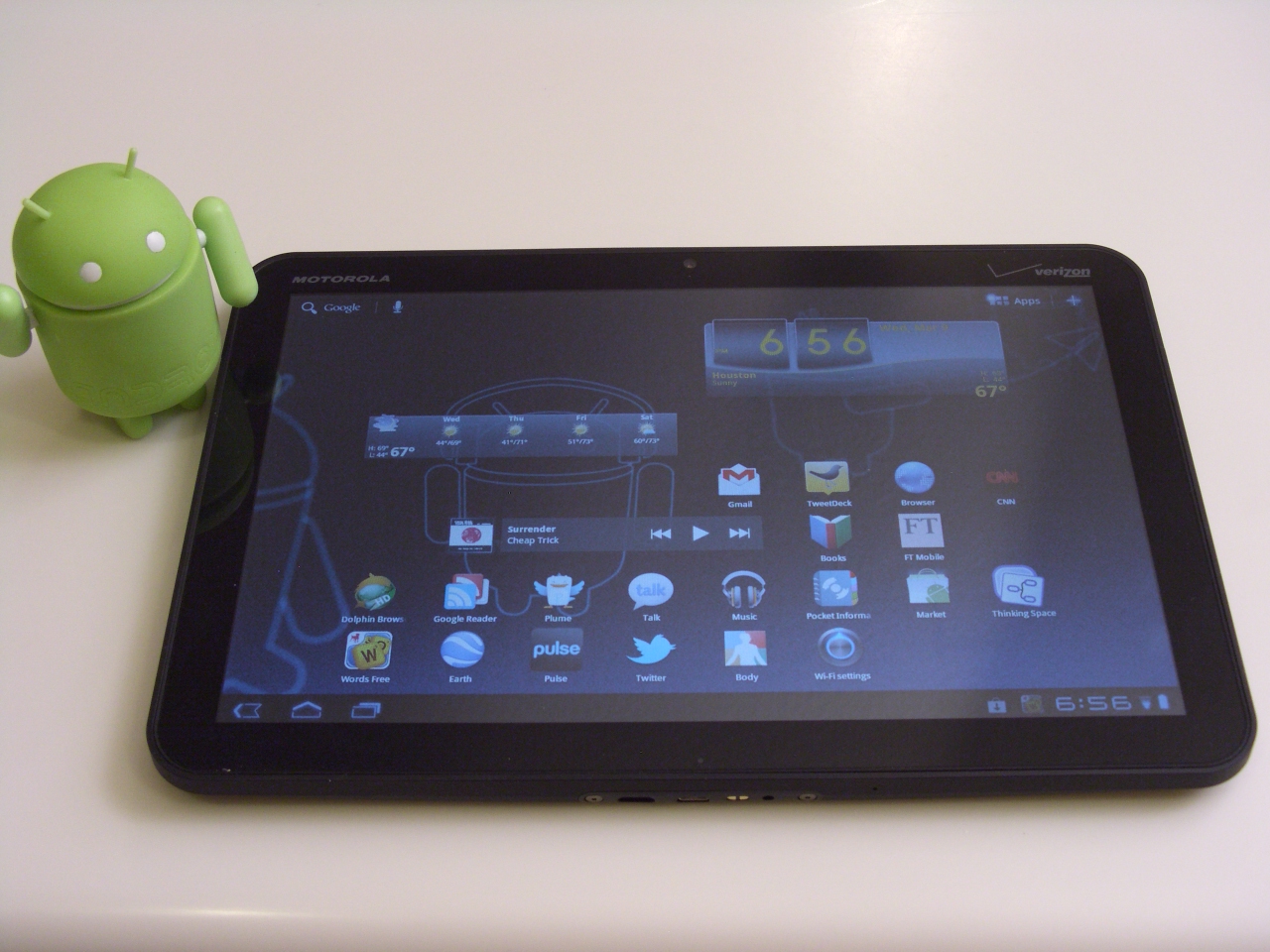The shaky coexistence of tablets and smartphones at the carriers


Tablets are the red-headed stepchildren of the carrier world as they don't generate new customers for the most part. Staffers made that clear -- a customer has to come in with a specific tablet in mind or there is little chance of selling them one before leaving the store. It often comes down to the sales rep convincing the customer to buy the particular tablet they came in to see, or losing the sale altogether. The reps find this much more difficult than the smartphone business, where they have a decent shot at convincing the customer to look at a different model should the one they came in to see not appeal to them in the store.
Tablets don't present an opportunity to upsell prospective buyers, which is a big part of the wireless carriers business. Sales reps admitted they get recognition when they sell a smartphone customer additional services like big data plans or more voice minutes. Tablets in the U. S. don't do voice nor texting so the opportunity for selling additional services is much smaller. Customers either take a tablet home with the basic data plan or most likely don't take it home at all.
Most carriers are offering Wi-Fi-only tablet models in addition to the 3G-enabled models, and these are a dicey sales proposition for the staffers. If you can buy an Android tablet in Best Buy with Wi-Fi, what's the benefit to buying it at the carrier? There isn't a good response to that question to give prospective buyers, other than because you're here in the store right now.
New customers don't seem to be going into the carrier's retail stores for a tablet. I was told across the board that tablet sales are being made to existing phone customers almost without exception. The tablet offerings are not bringing in new customers to the carrier, a big goal of them all. This may have to do with the lack of big promotions in pricing for the tablets, according to one sales rep. Or it may just be that customers have it in mind that you go to the carrier store when you need a phone, which doesn't occur to them for a tablet.
One of the most interesting things that cropped up with this behind-the-scenes lurking experiment of mine was how much more likely customers were to buy carrier-branded netbooks than tablets. Customers are still coming to the carrier retail stores specifically looking for a 3G-enabled "laptop", and they are selling them. Sales aren't brisk by any means, but customers were considering netbook purchases at almost every trip I made to the carriers for this research. The bigger variety in netbooks a carrier had available, the more likely they were to close a sale according to reps. Everyone I spoke to found the netbooks so much easier to sell that they'd much rather try to sell them than tablets.
This is not scientific research by any means, and as all conversations with carrier representatives were off-the-record not the official position of the carriers. What I witnessed first-hand and the many conversations I had with store personnel painted a consistent picture of the shaky coexistence of tablets and smartphones in the carrier stores. These observations are independent of tablet make and model and pricing.
See related coverage:
- HP's TouchPad lands July 1: Can it challenge Apple's iPad or claim No. 2 spot?
- Toshiba's Thrive tablet is what users want, pre-orders start June 13
- Could and should there be a Microsoft-branded Windows 8 tablet?
- ViewSonic's new 7-inch tablet is half the price of the iPad
- HTC Evo View 4G tablet $399 at Sprint June 24, pen included